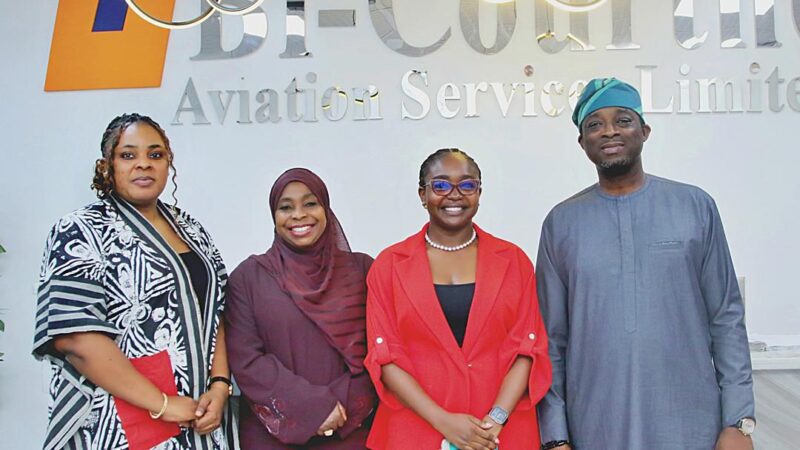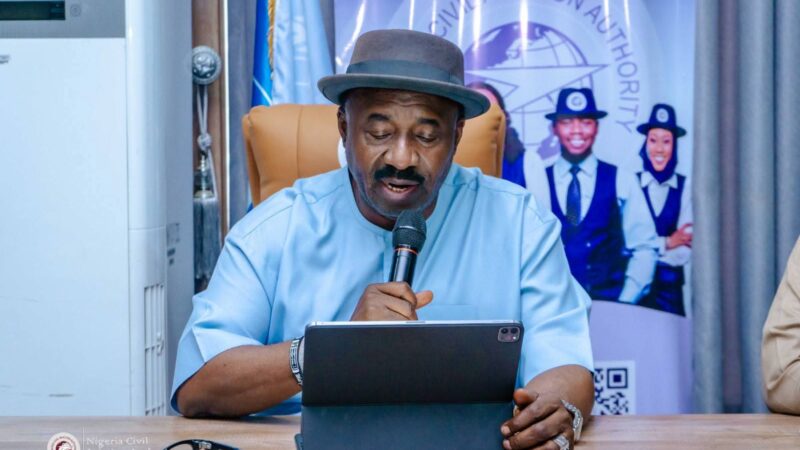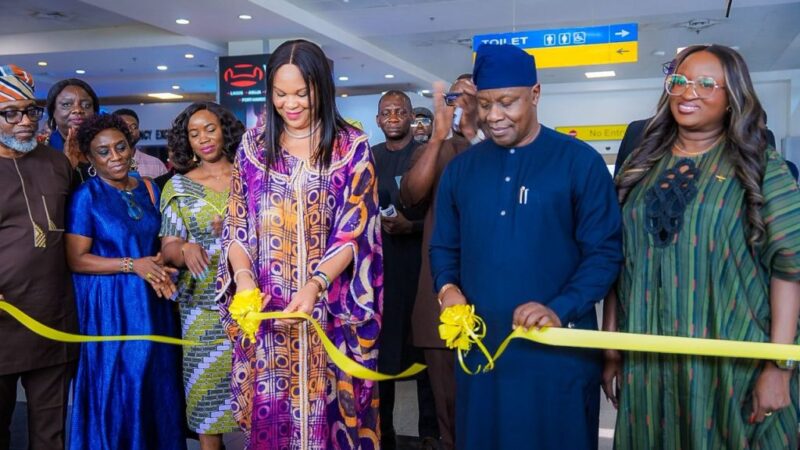Customs Intensifies Stakeholder Engagement to Resolve Cargo Clearance Bottlenecks, Reaffirms Commitment to ‘B’Odogwu’ Trade System
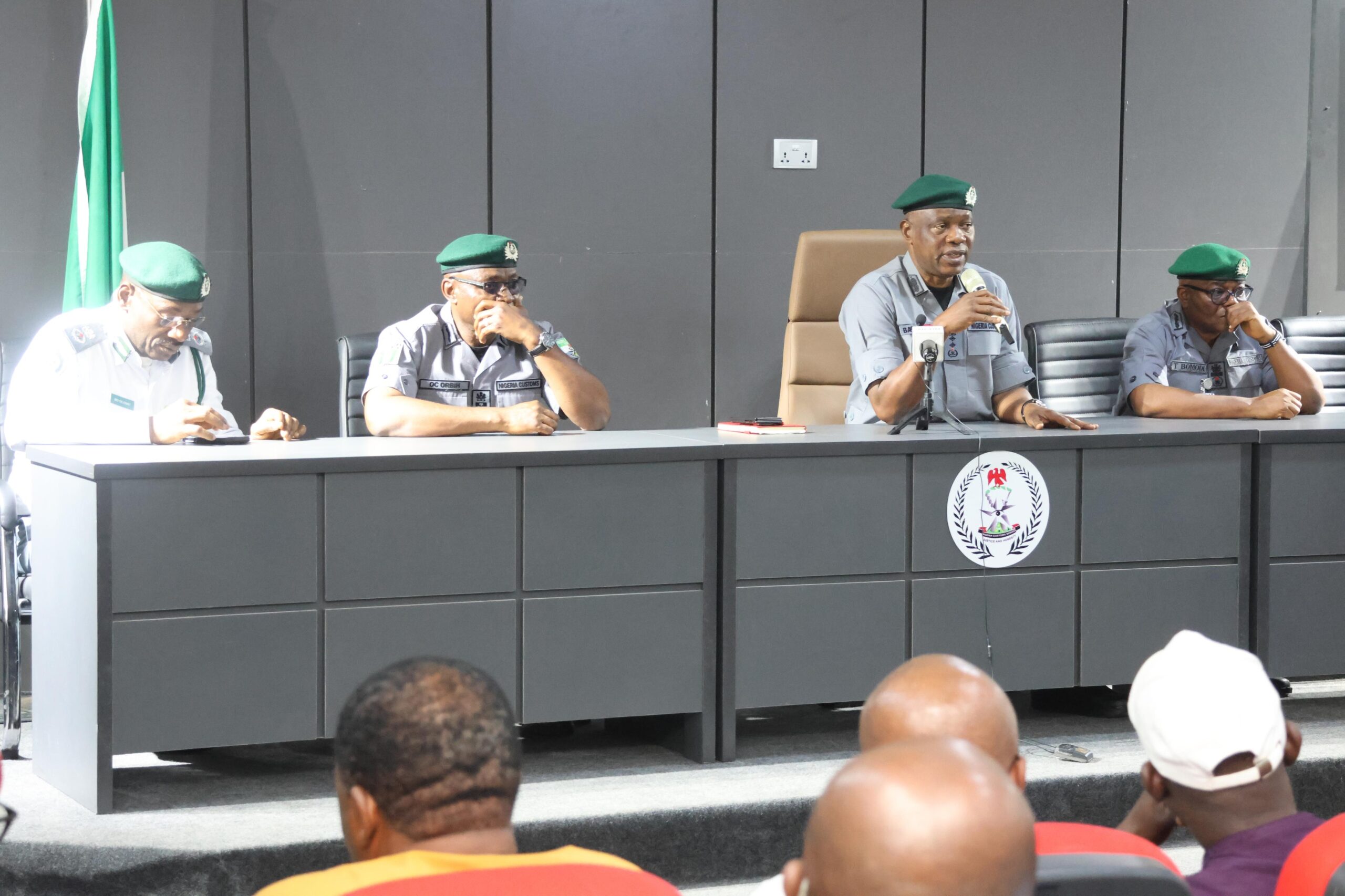
The Nigeria Customs Service (NCS) has strengthened its partnership with key players in the maritime sector by hosting a high-level stakeholders’ engagement aimed at tackling challenges in cargo clearance and improving trade facilitation.
The forum, held on Monday, 11 August 2025, at the Apapa Area Command in Lagos, brought together port operators, shipping companies, freight forwarders, and financial institutions to discuss emerging issues affecting the maritime industry.
Comptroller General of Customs (CGC), Adewale Adeniyi, reaffirmed that the deployment of the Unified Customs Management System (UCMS), codenamed B’Odogwu, remains a firm and irreversible policy direction for the Service.
“On B’Odogwu, there is no going back. We have to forge ahead with what we have started. We know there will be issues, which is why, before now, we met with some authorised banks, and that engagement has yielded positive results,” Adeniyi stated.
The CGC underscored the importance of continuous dialogue with stakeholders, stressing that collaboration was essential to achieving a seamless and transparent cargo clearance process.
“It’s our intent to always listen to you patiently, so we have brought everyone together today as equal partners in this project,” he added.
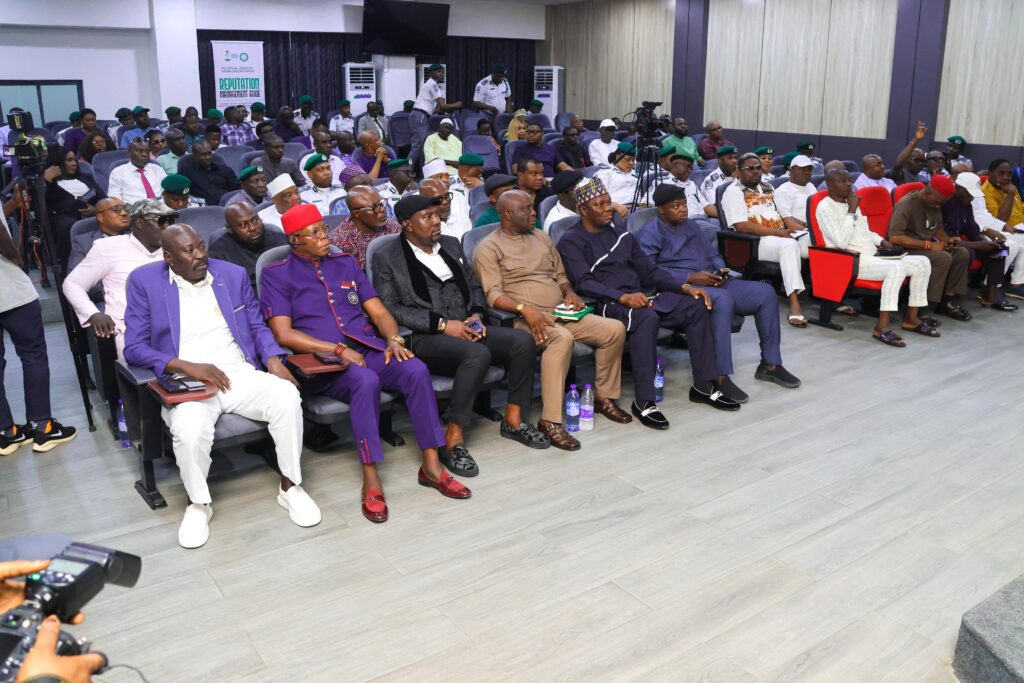
Adeniyi disclosed that several operational bottlenecks had already been resolved through joint efforts, though some areas still required further attention. He also raised alarm over recent cyber threats targeting the Service’s digital infrastructure.
“Just over the weekend, there were reports of individuals trying to infiltrate our system. There were several attempts, and the whole idea was to render our system inefficient. I want to remind you that such nefarious acts constitute economic sabotage, which we will not spare. On our part, we will continue to strengthen our system firewalls to prevent future downtimes,” he warned.
The engagement concluded with an interactive session where participants openly shared their perspectives, concerns, and recommendations, pledging their collective commitment to work towards enhanced efficiency, transparency, and integrity in maritime trade operations.



